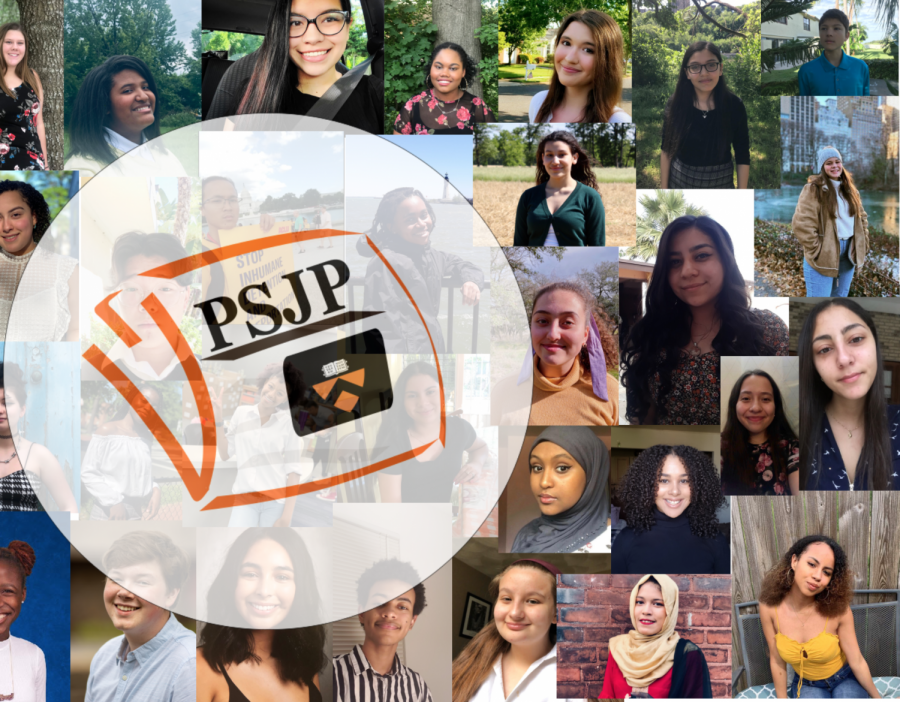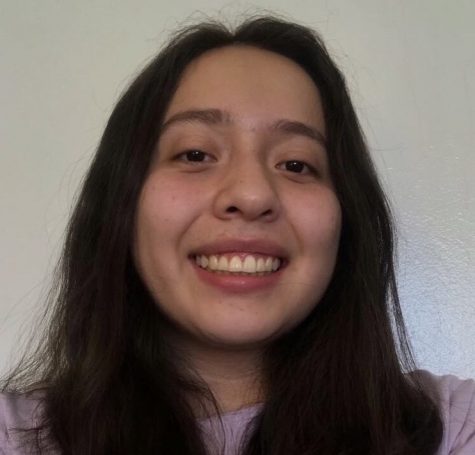News magazine editor-in-chief attends prestigious Princeton Summer Journalism Program
News magazine editor-in-chief Itzel Luna spent 7 weeks at the Princeton Summer Journalism Program.
August 19, 2020
As the world continued to shut down because of the coronavirus, I spent my quarantined summer fighting poor WiFi connections and Zoom fatigue to virtually attend the Princeton Summer Journalism Program (PSJP).
PSJP selects around 40 low-income, high-achieving rising seniors and flies them out to Princeton University for an intensive 10-day summer program free of charge. Students were selected out of a competitive pool of 350 applicants who go through a three-round application process. Due to the coronavirus, the program was transformed into a 7-week virtual program instead, from June 15 to Aug. 10. PSJP’s goal is to diversify newsrooms across the country by teaching students about the field and providing guidance through the college application process.
The virtual PSJP schedule consisted of lectures and workshops through Zoom sessions on Tuesday’s and Thursday’s as well as one journalistic assignment a week. The last week of the program was more intensive, with multiple Zoom sessions each day. Our program kicked off on June 18, with Univision anchor and journalist Jorge Ramos. His lecture, which focused on objectivity and moral clarity in the newsroom, set the tone for the thought-provoking and compelling conversations that would take place throughout the rest of the program.
“It is our role to speak for those who don’t have a voice, to challenge power and to make sure that people are getting the truth, not just a version that’s supposed to be neutral and objective,” Ramos said. “This is my hypothesis: when it comes to racism, discrimination, corruption, public lies, violation of human rights and dictatorships, you as a journalist have to take a stand.”
Throughout the program, we also got to hear from speakers like the Editor-in-Chief of Teen Vogue Lindsay Peoples Wagner, CNN anchor Don Lemon, journalist Jose Antonio Vargas and the president of Princeton University Christopher Eisgruber.
From features to multimedia reporting, we were tasked with writing different types of journalistic pieces. During the program, another PSJP student and I wrote a story on the youth’s opinion on Democratic Presidential candidate Joe Biden. I also wrote a feature story on New York bodega owners and the impact of the coronavirus that was included in the Princeton Summer Journal, our program’s culminating newspaper.
The program also focused on the college application process. Each student was given an SAT or ACT Princeton review prep book for free and counselors held Zoom test prep sessions that have continued after the end of the program.
We learned about financial aid and also got to meet with admissions counselors from many colleges including Swarthmore College, Bates College and Williams College. Every student in the program was assigned a college counselor who will work with us throughout our senior year and mentor us through the college application process. PSJP counselors constantly made sure to remind us that we are strong, qualified applicants, instilling confidence in me that I can attend a top university and they offered the resources necessary for me to do so.
Although the virtual structure of the program lacked face-to-face interaction for students and counselors, we bonded through riveting Slack conversations about news articles and late-night group chat messages where we shared our doubts and college dreams.
Despite enduring a global pandemic and many other conflicts these past few months, PSJP equipped me with knowledge and a lifelong network of counselors through this incredibly transformative experience. The bonds I made and the insight I gained into college admissions has prepared me for the competitive application process and any future endeavors because I know I have a team of counselors and alumni who will always be in my corner.








